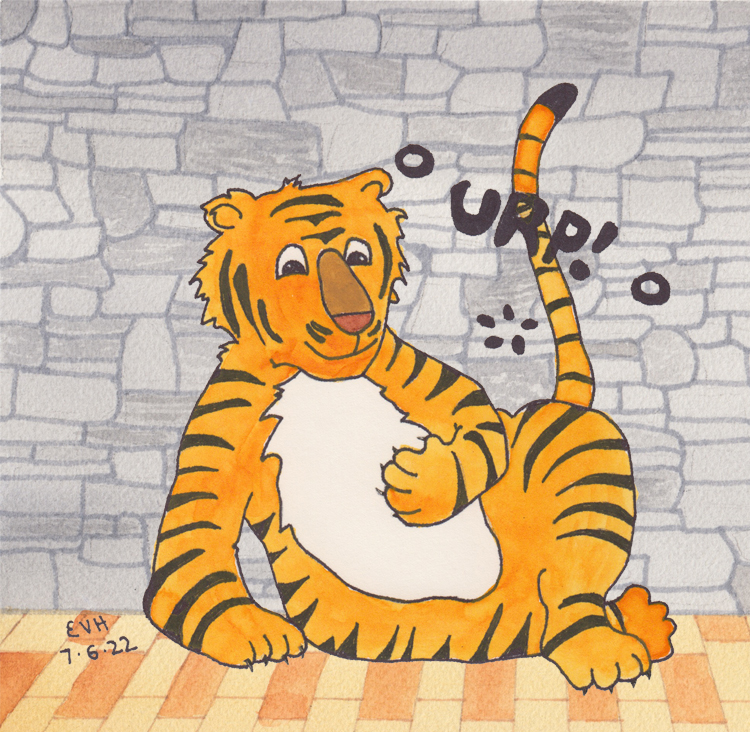
Jataka 343
Kuntani Jātaka
The Heron
as told by Eric Van Horn
originally translated by H.T. Francis and R.A. Neil, Cambridge University
originally edited by Professor Edward Byles Cowell, Cambridge University
In this tale, the Bodhisatta—in his former life—seems to justify revenge. This is certainly nothing that the later Buddha would have supported.
You run across this type of theme every so often. I get the impression that there may have been someone who was looking for a way to justify bad behavior, so they tweaked a story to fit their purpose. In modern times we have seen this in Burma, where a story in a marginal (at best!) text was used to justify violence against Muslims.
“Long I held.” The Master told this story while he was at Jetavana. It is about a heron that lived in the house of the King of Kosala. They say that she carried messages for the King, and that she had two young ones. The King sent this bird with a letter to some other king. When she was away, the boys in the royal family squeezed the young birds to death with their hands. When the mother bird came back, she missing her young ones and asked who had killed them. They told her who did it.
And at this time there was a fierce and savage tiger that was kept in the palace. He was fastened by a strong chain. Now these boys came to see the tiger, and the heron went with them, thinking, “Even as my young ones were killed by them, in a like manner I will deal with these boys.” She grabbed hold of them and threw them down at the foot of the tiger. And with a growl, the tiger crunched them up. The bird said, “Now the wish of my heart is fulfilled,” and flying up into the air, she made straight for the Himālayas.
On hearing what happened, they started a discussion in the Dharma Hall of Truth. They said, “Sirs, a heron, it is said, in the King’s palace threw down the boys who killed her young ones in front of a tiger. And when she had brought about their deaths, she made off.”
The Master came and inquired what it was the monks were discussing. He said, “Not only now, monks, but in the past she also brought about the death of those who killed her young ones.” And then he told them this story from the past.
Once upon a time the Bodhisatta ruled his kingdom at Benares with justice and equity. A certain heron in his house carried messages for him. And so events happened just as before. But the special point here is that in this case the bird, having let the tiger kill the boys, thought, “I can no longer remain here. I will take my leave. But even though I am going away, I will not go without telling the King. But as soon as I have told him, I will be off.”

Figure: Yum!
And so she went and saluted the King. And standing some distance away, she said, “My lord, it was through your carelessness that the boys killed my young ones. And under the influence of passion, in revenge I caused their death. Now I can no longer live here.” And uttering the first stanza she said:
Long I held this house as mine,
Honor great I did receive,
It is due to act of thine
I am now compelled to leave.
The King on hearing this repeated the second stanza:
Should one to retaliate,
Wrong with equal wrong repay,
Then his anger should abate,
So, good heron, please do stay.
Hearing this the bird spoke the third stanza:
Wronged can with wrong-doer ne’er
As of old be made at one,
Nought, O King, can keep me here,
Lo! From henceforth I am gone.
The King, on hearing this, spoke the fourth stanza:
Should they wise, not foolish be,
With the wronged wrong-doer may
Live in peace and harmony.
So, good heron, please do stay.
The bird said, “As things are, I cannot stay, my lord.” And saluting the King, she flew up into the air and made straight for the Himālayas.
The Master, his lesson ended, thus identified the birth: “The heron in the former tale was the heron in this, but I was the King of Benares.”
